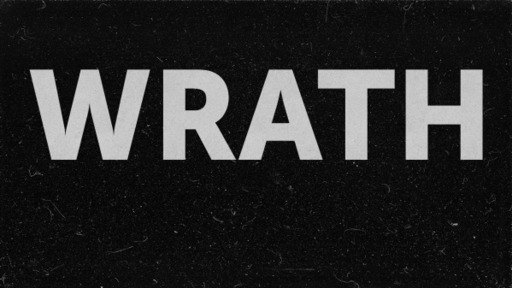The First Abraham Accord

Notes
Transcript
Genesis 21:22-34
Genesis 21:22-34
Now it happened at that time, that Abimelech and Phicol, the commander of his army, spoke to Abraham, saying, “God is with you in all that you do; so now, swear to me here by God that you will not deal falsely with me or with my offspring or with my posterity, but according to the lovingkindness that I have shown you, you shall show me and the land in which you have sojourned.” And Abraham said, “I swear it.” But Abraham reproved Abimelech about the well of water which the servants of Abimelech had seized. And Abimelech said, “I do not know who has done this thing; you did not tell me, nor did I hear of it until today.” So Abraham took sheep and oxen and gave them to Abimelech, and the two of them cut a covenant. Then Abraham set seven ewe lambs of the flock by themselves. And Abimelech said to Abraham, “What do these seven ewe lambs mean, which you have set by themselves?” He said, “You shall take these seven ewe lambs from my hand so that it may be a witness to me, that I dug this well.” Therefore he called that place Beersheba, because there the two of them swore an oath. So they cut a covenant at Beersheba; and Abimelech and Phicol, the commander of his army, arose and returned to the land of the Philistines. And Abraham planted a tamarisk tree at Beersheba, and there he called upon the name of Yahweh, the Everlasting God. And Abraham sojourned in the land of the Philistines for many days.
Avoid False Accusations
Avoid False Accusations
Accusations that are made through ignorance and arrogance
Accusations that are made through ignorance and arrogance
Know yourself
Know yourself
Know your environment
Know your environment
Know your enemy
Know your enemy
Accusations that are based on opinions and not evidences
Accusations that are based on opinions and not evidences
Opinions are ideas, thoughts, or beliefs that have not been challenged. Once challenged, tempered, and become consistent through time they became known as evidence.
Opinions are ideas, thoughts, or beliefs that have not been challenged. Once challenged, tempered, and become consistent through time they became known as evidence.
Accusations that are founded upon presuppositions and assumptions
Accusations that are founded upon presuppositions and assumptions
These are ideas, opinions, and beliefs that are held prior to an “exhaustive” study of a subject. It is where we get the term “a jack of all trades, a master of none.”
These are ideas, opinions, and beliefs that are held prior to an “exhaustive” study of a subject. It is where we get the term “a jack of all trades, a master of none.”
Honesty is the best policy
Honesty is the best policy
Open communication with a common goal and purpose
Open communication with a common goal and purpose
Open communication with the proper decorum and application
Open communication with the proper decorum and application
Open communication with pure motives and unifying desires
Open communication with pure motives and unifying desires
Open communication with passion, compassion, and grace
Open communication with passion, compassion, and grace
From Theory to Application
From Theory to Application
Theories are ideas, opinions, and beliefs that are compared and contrasted to foresee and avoid the most serve of the major consequences.
Theories are ideas, opinions, and beliefs that are compared and contrasted to foresee and avoid the most serve of the major consequences.
The application of theories is the execution of the “final” plan or the implementation of a covenant. The application is the enforcement of the codes and details found within the theories presented.
The application of theories is the execution of the “final” plan or the implementation of a covenant. The application is the enforcement of the codes and details found within the theories presented.
Actions work when the proper application is used within the boundaries presented in the theories.
Actions work when the proper application is used within the boundaries presented in the theories.
